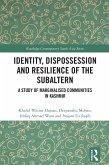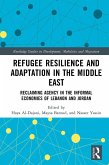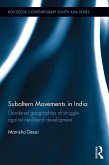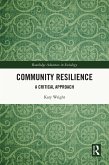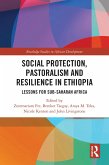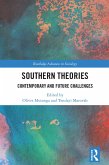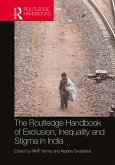The book provides a balanced discussion on theoretical debates and empirical cases, with the introductory chapter providing an overview of the theoretical framework on identity and dispossession and its relationship to the processes of marginalisation. The other chapters discuss specific empirical cases that provide the theoretical underpinnings on relevant notions, such as caste, ethnicity, nationalism and identity politics. Through the empirical cases of the Sheikh community and Hanji community, the book sheds light on the prevailing caste system and caste-induced discrimination among Muslims. It also further explores the different forms of resilience as exercised by the subaltern groups in Kashmir, where many social groups and communities experience marginalisation and how some communities such as Tibetan Kashmiri Muslim, which lacked the state-defined citizenship status till recently, had led to the exclusion of this community from various socio-economic and political rights.
This is a comprehensive volume that will appeal to academics, scholars and policymakers in South Asian studies, social sciences and humanities, especially those interested in the study of caste, ethnicity, nationalism and identity politics for the marginalised communities in Kashmir.
Dieser Download kann aus rechtlichen Gründen nur mit Rechnungsadresse in A, B, BG, CY, CZ, D, DK, EW, E, FIN, F, GR, HR, H, IRL, I, LT, L, LR, M, NL, PL, P, R, S, SLO, SK ausgeliefert werden.



